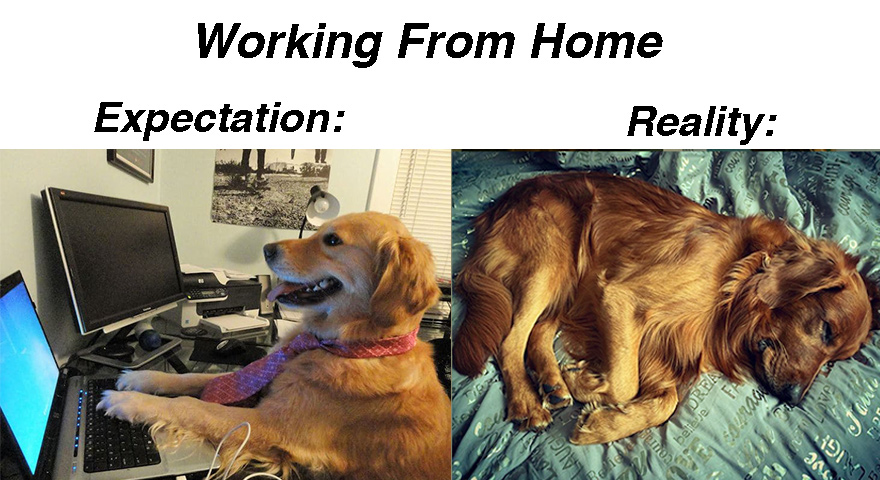For our last day on the trip, we headed for Stormont – home to the Northern Ireland Assembly for our morning excursion.
As Morgan Henson noted, “the Parliament building in Belfast was a truly interesting experience. After going through what some might call a gauntlet of stories about The Troubles all week, we finally arrived at the seat of the Northern Ireland government. After hearing about The Troubles, and the resulting fallout, I was curious to see what the governing body would look like, how it would function. While I will admit there were some interesting aspects, the thing I most enjoyed was sitting in the chamber room and seeing how votes get passed.” 2L Jazmin Ramirez added she too “found it fascinating to be able to sit in the room where a lot of important decisions are made.” (To get us mirroring parliamentary debate, our guide had us debate whether or not the hot dog is a sandwich….discuss!)
Following the tour and our own lively debate, we grabbed cups of tea and headed to meet with Doug Beattie, an Ulster Unionist Party (UUP) Member of the Legislative Assembly (MLA). A common feeling at this juncture of the trip was beautifully verbalized by Oliva Robinson, “when thinking of the political conflict in Ireland and Northern Ireland, the opponents are often characterized as the “Catholics” and the “Protestants.” As I learned the foundations of the conflict in Comparative Conflict Resolution, I found myself, as someone not raised under a religion, wondering how a religious divide could be the catalyst of such tragic events. As our dive into and my understanding of the conflict deepened, it became clear that these opponents are also referred to as the “Republicans” and the “Loyalists,” respectively, amongst many other terms used to describe these groups. These varying terms left me asking what role religious affiliation still has within the conflict in Ireland and Northern Ireland.”
This question was answered by Doug Beattie. Doug was not raised particularly religious and was happy to tell us about his experience as a UUP MLA without religious affiliation. “While he discussed the divisions in Northern Ireland as religious, he made it a point to bring up that many of the divisions are based along political fault lines; such lines are between the two major parties in the North, the Democratic Unionist Party (DUP), a conservative, unionist, majority Protestant party, and Sinn Fein, a more liberal, nationalist/republican, majority Catholic party.” 3L Dan Kinderman recalled.
For Robinson, “this talk with Doug brought the conflict to its modern-day point, allowing us to see how the conflict has and has not changed since its beginnings. While the (perhaps, overly simplified) premise of whether the Northern Ireland should be united with the Republic of Ireland or stay a part of the United Kingdom remains the same, the terminology based on religious affiliation does not necessarily seem to coincide with its political counterpart the way it once did.”Picture in the main hall with legislator Doug Beattie
Following many group pictures and some solo shots outside the magnificent building, our afternoon concluded with a visit to Belfast’s perhaps most famous export – The Titanic. During the 20th Century, Belfast was a hub for shipbuilding. “The Titanic was built at Harland and Wolff’s shipyard in Belfast beginning in 1909. At the time, Harland and Wolff employed 15,000 Irish workers” Michelle Ziegler contextualized. She added, the “Titanic left Belfast on April 2, 1912 on her maiden voyage. Titanic traveled to Southampton, England; Cherbourg, France; and finally Queenstown, Ireland before embarking for her destination, New York on April 11, 1912.”
As Kelsey McCarthy noted, “for many of us, when we think of the Titanic, we think of the movies that have taken over Hollywood. Walking through the Titanic museum, I found myself thinking more critically about the ship itself, the events that led to its sinking, and most importantly, about the people that were on the ship.” For McCarthy “one of the most striking parts of the museum was the exhibit where the Titanic’s distress calls to the Carpathia, becoming more and more frantic, were laid out on the walls.”
(Since I had been to the museum several times before and my RA Morgan was more interested in escape rooms–we had fun at Escape Room Belfast which gave us both a fun break. And, btw, we did escape under an hour!)






